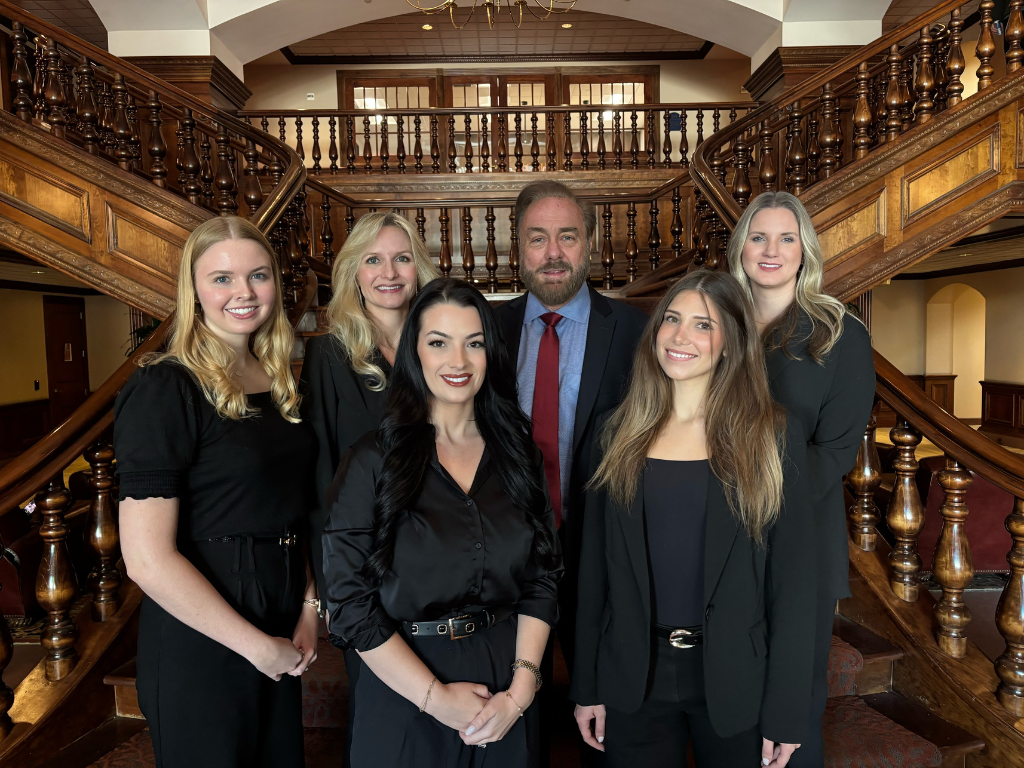Bankruptcy cases are heard in different court sites throughout Arizona. These court sites are Phoenix, Tucson, Yuma, Prescott, Flagstaff, and Bullhead City. Cases originating in Apache, Gila, Maricopa or Navajo Counties will be heard in Phoenix. Cases originating in Cochise, Graham, Greenlee, Pima, Pinal, and Santa Cruz counties will be heard in Tucson. Cases originating […]
Quasi-Judicial Immunity
It is well-established within the Ninth Circuit that a bankruptcy court-appointed officer is afforded quasi-judicial immunity when acting within the officer’s official capacity. In re Harris, 590 F.3d 730, 743 (9th Cir. 2009) (“Bankruptcy trustees are entitled to broad immunity from suit when acting within the scope of their authority and pursuant to court order.”) […]
What You Need to Know for Your Bankruptcy First Meeting of Creditors
You and your bankruptcy attorney will attend a First Meeting of Creditors, also known as a 341 Meeting. The Meeting is required by 11 U.S.C. § 341. You need to bring photo ID and an acceptable proof of social security number with you to your 341 Meeting. An acceptable photo ID includes a drivers license, […]
Bankruptcy Attorney’s Fee Award
The Ninth Circuit adopted the Second Circuit’s standard for awarding attorney’s fees. Under this standard, an attorney’s services need not actually benefit the estate, but must be “reasonably anticipated to be necessary and beneficial to the estate at the time rendered.” In re Cogliano, 355 B.R. 792, 806 (9th Cir. B.A.P. 2006) (citing In re […]
May A Bankruptcy Attorney Advise A Client to Incur Debt Prior to Filing Bankruptcy?
Under Section 526 of the Bankruptcy Code, a debt relief agency cannot advise a client to incur more debt “in contemplation of bankruptcy.” The Supreme Court, in Milavetz, Gallop & Milavetz, P.A. v. U.S., ruled that a bankruptcy attorney is a debt relief agency, and therefore cannot advise clients to incur more debt in contemplation […]
Bankruptcy Attorney Must Understand the Business Judgment Rule
It is improper for a Bankruptcy attorney to engage in a 20-20 hindsight analysis when trying to find liability for a company officer’s actions. The 9th Circuit has plainly pronounced that “hindsight is the wrong metric for evaluating fiduciary duty.” Tibble v. Edison Intern., 729 F.3d 1110, 1136 (9th Cir. 2013); see also F.D.I.C. v. […]
Ninth Circuit Decision in Sternberg v. Johnston
The Ninth Circuit’s decision in Sternberg v. Johnston has often been criticized. The panel reached its controversial conclusion by straying far from the actual briefing provided by either party. Here’s the Motion for Reconsideration that was granted only in small part. Ronald J. Ellett Az. Bar #012697 Ellett Law Offices, P.C. 2999 N. 44th Street, […]
Improper Post-Petition Actions cannot be Imputed to the Bankruptcy Estate
Any alleged improper post-petition actions and knowledge of the trustee, or debtor-in-possession, cannot be imputed to the bankruptcy estate. The issue of imputed post-petition acts and knowledge against a bankruptcy estate has always been resolved in the bankruptcy estate’s favor. The seminal case resolving this issue is In re J.T.R. Corp., 958 F.2d 602 (4th […]
Suit Against a Fiduciary of Bankruptcy Estate
In order to sue a fiduciary of a bankruptcy estate, a plaintiff must first obtain leave of the Bankruptcy Court. It is well established, under the Barton doctrine, that a fiduciary of a bankruptcy estate may not be sued without first obtaining leave from the bankruptcy court. Barton v. Barbour, 104 U.S. 126, 127 (1881); […]
The Origins of Bankruptcy Tracing Back to Old Testament
The origins of bankruptcy can be traced back to the Old Testament where, in Deuteronomy 15 v1-3, the debts of all members of the community are to be released every seven years. The name of this release was the Lord’s release. Deuteronomy provides as follows: “At the end of every seven years you must cancel […]
- « Previous Page
- 1
- …
- 3
- 4
- 5
- 6
- 7
- …
- 10
- Next Page »
